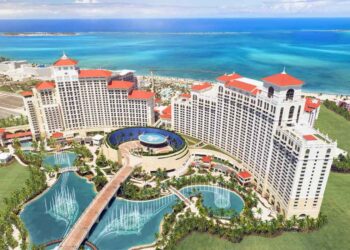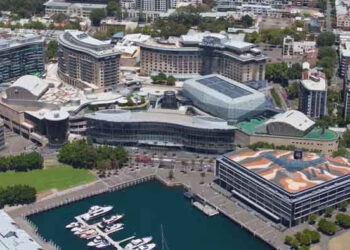The question over how much casino gambling to allow Japan’s citizens refuses to go away, and negotiations over a legalization bill in the National Diet continue to turn on the issue of harm minimization.
The caucus of pro-casino lawmakers steering the bill, led by the governing Liberal Democratic Party, say they agree in principle to limits on access by the domestic market—a concession to their skeptical colleagues in the parliament, mainly those of the LDP’s junior coalition partner, Komeito, a Buddhist political organization.
News reports from the country last week suggested that Japanese nationals would be banned entirely, but it appears proponents of that extreme have climbed down from it in exchange for provisions addressing problem gambling and imposing some form of Singapore-style entry fee on domestic players.
“The government, for the purpose of preventing the negative effects of casino facilities by non-foreign visitors, will take necessary measures regarding admittance and capacity,” the latest amended version of the bill states.
Prime Minister Shinzo Abe has said casino resorts would help the economy by boosting tourism and foreign investment, and the establishment of destination-scale developments in Tokyo and Osaka, together with a handful of smaller venues in outlying regions, is expected to generate upwards of US$15 billion in annual gaming revenues. But market researchers say Japan’s 128 million people would likely account for a majority of casino revenues, while casino operators have said foreigner-only resorts could struggle to make a profit.
“From our standpoint, I will say that we will not be interested in Japan or any other country on a foreigners-only basis. We can’t do that. Our business model won’t allow it,” Sheldon Adelson, CEO of global gaming giant Las Vegas Sands told analysts on the company’s third-quarter earnings call this week.
At the same time, casinos remain a sensitive issue in Japan, socially and politically, and legalization has been a tough sell since the bill was introduced in the Diet almost a year ago. Advocates are pushing for passage in the current special session, which ends 30th November, and a compromise on locals access raises the likelihood of that happening. If it does, it sets the stage for legislation to be introduced in the regular session beginning in January to govern regulation—including the fees and conditions for locals access—and licensing and taxation.
Mr Abe has said he hopes casinos will be up and running in time for the 2020 Summer Olympics in Tokyo, but analysts have said the bill’s slow progress has made that doubtful.






























